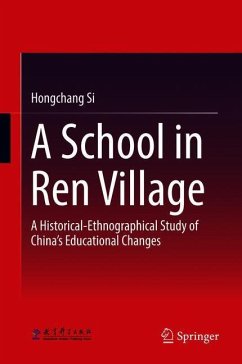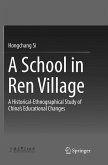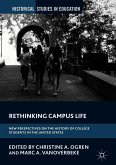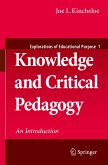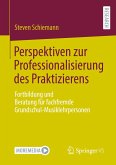By adopting oral history and fieldwork methods and exploring historical data, this book chronologically depicts the development of the schools and education in a village in North China over a century. The book reveals how education and school life in the rural village are being impacted not only by its own history and traditions, but also by external powers; more specifically, the development of rural schools is influenced by the tensions between Chinese and Western culture, between history and reality, between countryside and cities, and between national and local powers. In essence, villagers' educational experience is actually a battlefield for school education and local tradition - the children's lives are dominated by school education, leaving local traditions few opportunities to exert an influence. The study also discusses how school education and local traditions have influenced villagers' social mobility, a topic that has rarely been studied in previous literature. In summary, rural schools have been developing within an interactive network composed of various actors. With the fading of national power since the 1980s, local rural actors have enjoyed a much more liberal social and political space and thus now play a more active role in rural education.
Presenting a microcosm that reflects the historical development of rural education in China, the book is a valuable resource for researchers in the field of in rural education, educational history, and educational anthropology, as well as for readers interested in rural education in China.
Presenting a microcosm that reflects the historical development of rural education in China, the book is a valuable resource for researchers in the field of in rural education, educational history, and educational anthropology, as well as for readers interested in rural education in China.

